This week was a rather interesting one on the twittersphere. A certain author, who shall remain nameless, apparently got it into her head to lash out at someone who left her book a bad review. The backlash spawned over 18 pages of comments on Amazon, as well as massive commentary on blogs such as LKH Lashouts and Dear Author. Even Neil Gaiman mentioned it, so it’s clear the ripple effect was in full force.
I followed it briefly, and stopped when the author made mention of getting the FBI involved for threats. Not because I cared about that, but just because it was starting to get silly – like watching a train wreck, I guess.
On one hand, I feel pretty bad for her. No one likes having their work rejected, and Amazon is a pretty public place. On the other hand – as writers, that’s kind of the deal, isn’t it? You write and people read what you write and assess the story’s value by whatever internal measuring device they have. I know that I have no control over what that reaction is going to be other than to write the best that I can.
That being said, I imagine it’s easy for someone like me to stand in the back and point this out. After all, I’ve been rejected, but never publicly.Ask me again when my book is out there for the hungry masses and maybe I’ll have a different opinion.
Still. The review in question wasn’t a personal attack on the author. It wasn’t a drive-by love/hate review either. The reviewer stated clearly what he/she didn’t like and that was pretty much it. And that’s fine. The author, however, took it extremely personally and it exploded into something that really can’t be taken back. I wouldn’t be surprised if this behavior didn’t destroy the author’s career, or at least set it quite a ways back.
I can understand the author’s need to lash out. Rejection hurts. Going through this process myself, I can say that although it’s not supposed to be personal (agent rejections/contest rejections/crit group rejections), it can still feel that way. The theory is that it’s the work/query letter/synopsis that’s being rejected – not me as a person. But after all, I put a great deal of effort and love into the work, so it’s very easy to feel like it’s “me” being rejected.
So far, though, I can’t say I’ve felt overly bad about most of the rejections I’ve had. The first one stung the most, simply because it was new, but after that, I guess I kind of plowed through a lot of these submissions on the assumption that it *would* be rejected. So when I got the email I could just sort of shrug at it and send out another one. I’m not sure if that’s a healthy thing for the long term, but as a defense mechanism, I suppose it’s worked out all right. And I’m not going to deny that I’ve been extremely lucky here. I technically finished Shadow of the Incubus in April of 2009, with revisions done in late August and got my agent in November. As stats go, I’m the first to admit I bucked the trend, so maybe my words here don’t mean anything.
Honestly, though, the rejections from the faceless agents and editors didn’t mean as much because I didn’t have an emotional investment in them. It was just business, after all. I was hurt far more when someone I considered to be a dear friend wouldn’t read past the first page or so, merely because it was written in first pov. (And then proceeded to denigrate the entire genre I was writing in).
Style and Rhythm, baby. Style and rhythm.





7 Responses to Rejecting the Rejections